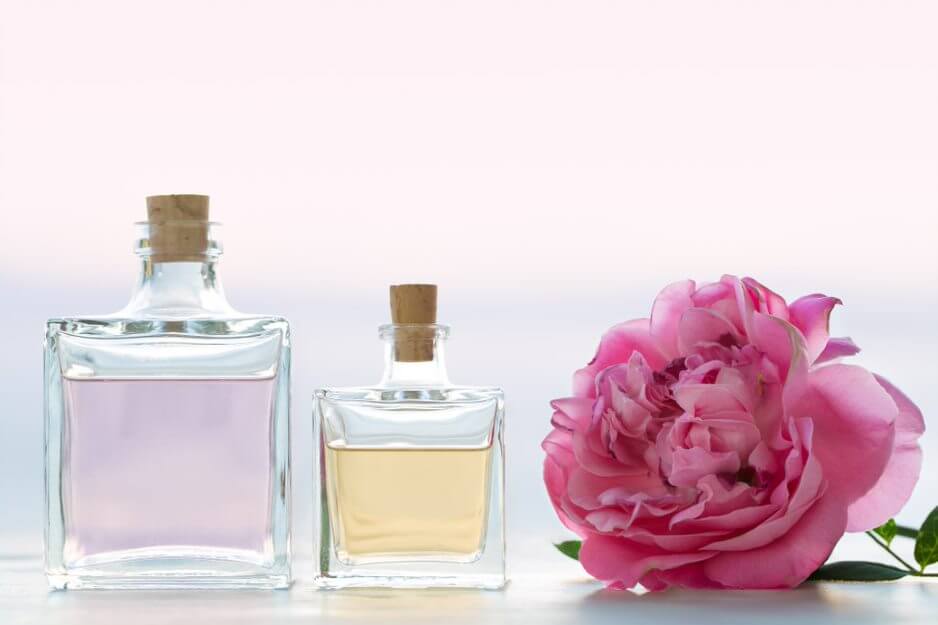See This Report about Fragrance Stores
Wearing scent is easya little spritz, and you're done. However using fragrance well requires a little more skill and skill. For instance: Did you understand that proper positioning depends totally on both the environment in which it's used and the attire for which it equips? And that tendency you have towards dressing your wrists and after that rubbing them together? "Extremely bad," says award-winning French-Armenian perfumer Francis Kurkdjian, the nose behind such sophisticated olfactive hits as Christian Dior Eau Noire, Carven Le Parfum, and those from his own eponymous line out of Paris.
5 may look like the best prop for any elegant bathroom vanity, the daily stream of steam from the shower might be suppressing its freshness (and, in turn, yours). Thankfully, a few basic tweaks can set you back on the right olfactory course. Here are 5 common mistakes females make when it comes to purchasing and using perfumeand how to fix them in a flash.
Not known Incorrect Statements About Perfume Suppliers


Why? The friction created by rubbing, he continues, "warms up the skin, which produces natural enzymes that change the course of the scent." The majority of affected are the top and middle notes, in addition to the dry-down, or the last and longest period of your scent's unfolding. "With a floral, for example, [heat] heat up everything, eventually [causing it] to lose its quality," he explains.
When it pertains to storage, perfume is nearly like a living organismit's very sensitive to ecological modifications. "Perfume does not like going from cold to hot," Kurkdjian says, including that such shifts in temperature "set off unanticipated chain reaction within the natural active ingredients, and therefore age the fragrance faster." Leaving a citrus fragrance in the steamy restroom, for example, "impacts the freshness" and can make a raw material, like patchouli, smell a little off.
The Definitive Guide for Perfume Suppliers
" You 'd never leave a bottle of Champagne in the sun," he says. Surprisingly, the very best location to save scent is the box it originally came in, and at space temperature level (or 70 degrees Fahrenheit). If you wish to go above and beyond, consider treating it like a fantastic cellar wine: "I understand individuals who keep one or two bottles of their signature scents in the fridge," he says.
Keeping a half-used bottle on your shelf permits oxygen (the "natural opponent of perfume," states Kurkdjian) to gradually break down the fragrance's molecules, modifying its composition. Of course, if you mist on your signature aroma daily, a large 6.8-milliliter bottle likely will not go to squander, he says, however in all other instances, Kurkdjian chooses smaller vessels (in the variety of 2.4 to 1.2 milliliters) due to the fact that they can remain fresh for up to 3 months.
Some Known Incorrect Statements About Perfume Suppliers
You might think that discovering what remains in your fragrance would be as simple as checking out the component label. But because of laws that safeguard fragrance producers from sharing "trade tricks," nearly every fragrance offered commercially is packed with chemicals that aren't noted separately on the item packaging. Rather, these chemicals are just covered by the word "scent" a catchall ingredient category that truly could imply anything.
The excellent news is that immediate, irreversible damage to your health triggered by one-time usage of fragrance or cologne so-called "perfume poisoning" is uncommon. However direct exposure to topical scents can set off allergies, skin sensitivities, and cause damage over time. Let's take a more detailed take a look at medical emergency situations brought on by fragrance products along with other less severe conditions that can be connected to fragrance.
click here